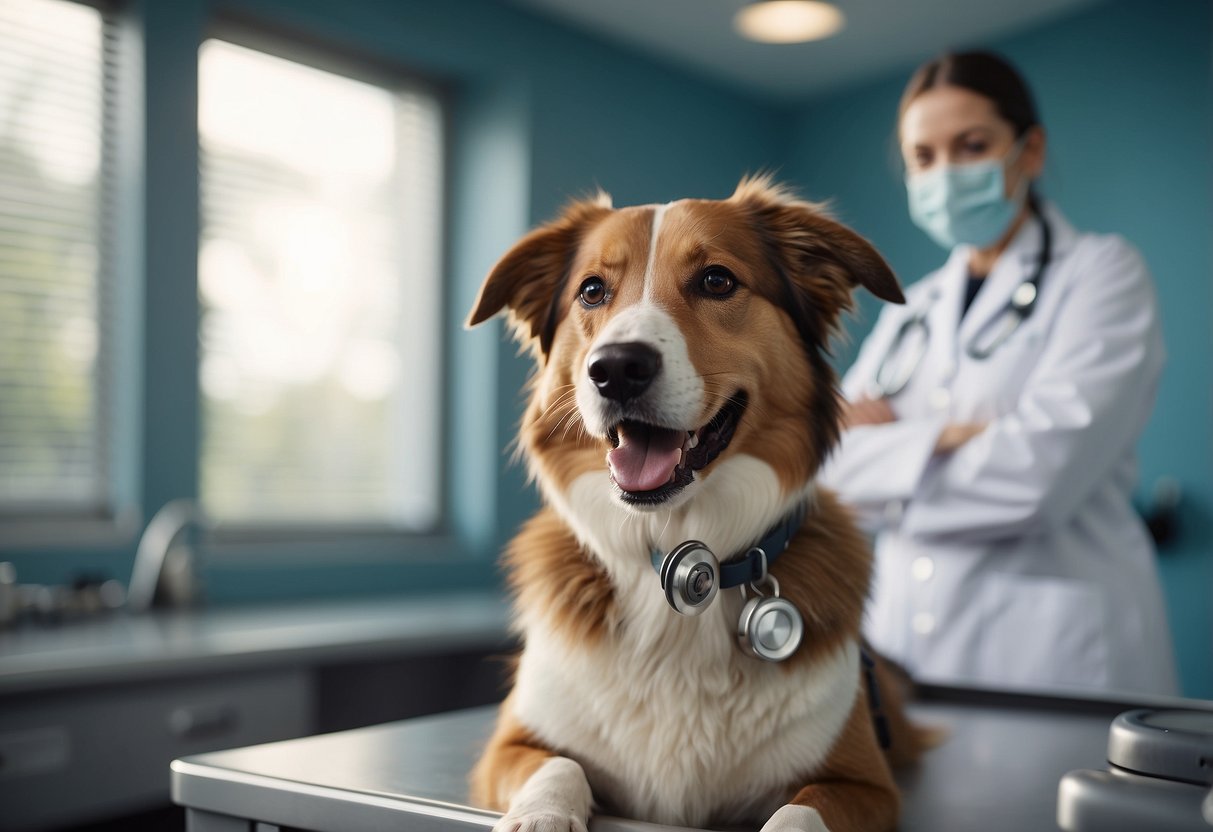
Regular vet check-ups are essential for maintaining your pet’s overall health and well-being. These visits allow veterinarians to catch potential health issues early, providing a better chance for effective treatment and prevention. This proactive approach can significantly extend your pet’s life, ensuring they remain happy and active.
Aside from early disease detection, routine vet visits also offer valuable insights into your pet’s diet, exercise, and overall lifestyle needs. Veterinarians can provide tailored advice and recommendations, helping you make informed decisions that contribute to your pet’s quality of life. This guidance is crucial in preventing obesity, dental problems, and other common issues.
An additional benefit of regular vet check-ups is the opportunity to keep vaccinations and parasite prevention up to date. Consistent preventative care is key to protecting your pet from illnesses and parasites, which can be both costly and challenging to treat. By maintaining these check-ups, you ensure your pet stays protected against a range of potential health threats.
Understanding the Importance of Regular Vet Visits
Regular vet visits play a critical role in maintaining the health and wellbeing of pets, ensuring that they lead long, happy lives. These appointments help in both preventing health issues before they become serious and in detecting potential illnesses at an early stage.
Preventative Health Measures
Preventative health measures are a vital aspect of regular vet visits. Vets perform thorough physical examinations to check for any early signs of potential health problems. They also administer vaccinations, which protect pets from common diseases.
Routine dental care is another preventative measure, as oral health can significantly impact a pet’s overall health. Regular visits allow for timely dental cleanings and examinations, preventing dental disease and related complications. Parasite control measures, such as flea, tick, and heartworm prevention, are also administered during these visits.
Regular vet visits can include nutritional and weight management advice. This helps maintain a healthy weight, preventing obesity-related issues. Spaying or neutering services are frequently discussed and performed to avoid unwanted litters and reduce certain health risks.
Early Detection of Illnesses
Early detection of illnesses is crucial in managing a pet’s health effectively. Regular vet visits enable vets to identify signs of disease that might not be apparent to pet owners. Blood tests and other diagnostics can reveal underlying conditions that may not yet show symptoms.
Early diagnosis of chronic conditions such as diabetes, kidney disease, and heart conditions can significantly improve the quality of life for pets. Moreover, early intervention often leads to more effective and less costly treatments.
Behaviors indicating discomfort or illness, such as changes in appetite, weight loss, or lethargy, can be promptly addressed. This allows for timely treatment and management of conditions, ensuring pets lead healthier lives.
Maintaining a schedule of routine vet visits ensures consistent monitoring of a pet’s health, which is essential for early intervention and successful treatment of various health issues.



